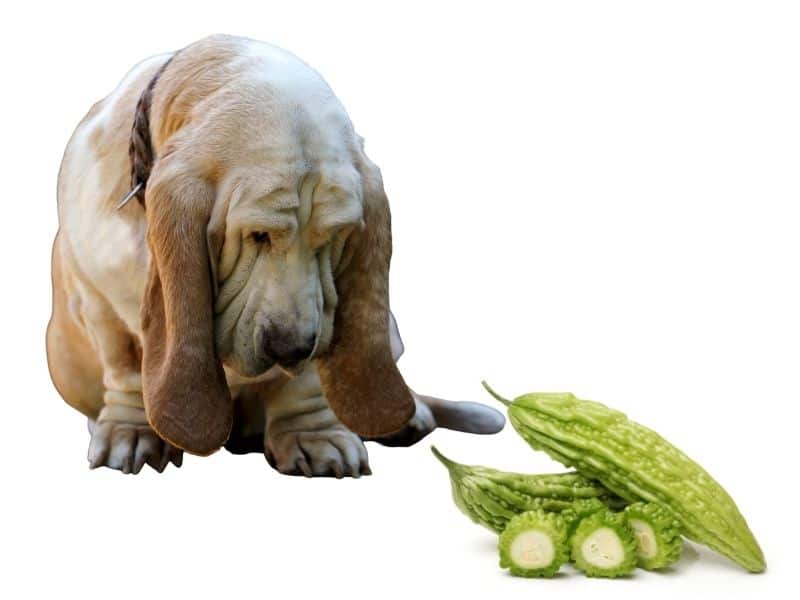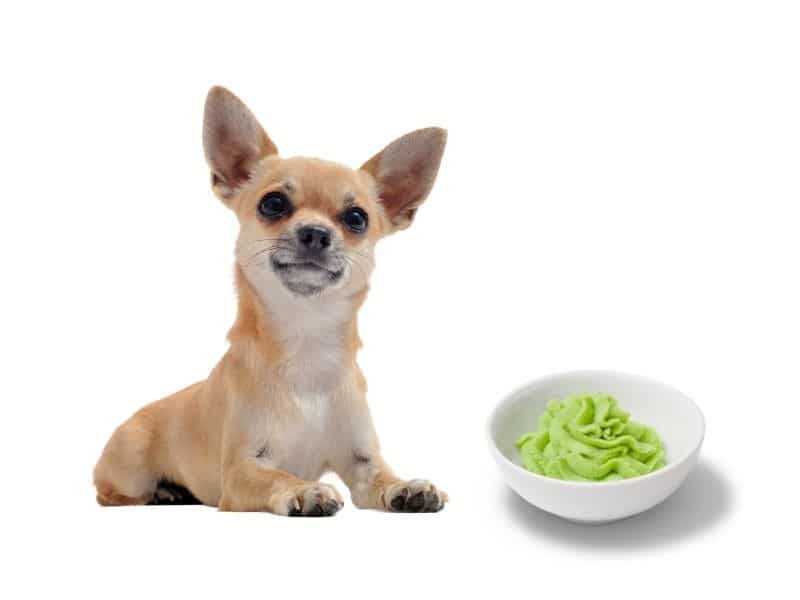https://safefordog.com/can-dogs-have-vinegar/Dog owners have a few queries about radishes when looking for nutritious vegetable choices. Is it okay for the puppy to consume radish? If so, how many radishes are there per serving? Or, how often should I give radishes to the dog?
Radishes, the finest salad ingredients, provide texture, minerals, and vitamins to anybody who consumes them, even dogs. Seeing your dog chomp away at chunks of such a mustard-related vegetable, comparable to the texture of pellets, is pleasant, but is it healthy for them to consume daily.

So, can dogs eat radishes?
Yes, with correct balance, your dog could have radish. You may provide radish-like foods to the pet. It is a natural fiber and vitamin C supply. Radish is also cited as a protein source in certain places. Radishes are commonly eaten by dogs. As a result, you may easily combine them with other veggies. Many veterinarians and dog nutritionists, on the other hand, believe that you must give radishes in the smallest amount feasible. They have had some difficulties. To be on the right track, avoid feeding radishes to the puppy frequently.
A dog may grab few raw radishes, whether your pet is a tiny puppy or a giant breed dog. If your puppy enjoys crashing meals, use such raw vegetables to make crispy bowls. Your mutts benefit from fresh radishes for their fresh breath. Every pet owner enjoys seeing their tail-wager taking a deep breath. If your dog’s breath stinks, get few raw radishes and incorporate them into the daily meal.
Radish is always not your dog’s favorite.
The fairly high quantities of Vitamin C in the food are the best thing about it. Are there any other advantages to this root vegetable? People refer to radish due to its low-calorie content. However, numerous other veggies can make the same promise and have significantly more nutritional content. Also, keep in mind that the puppy may dislike the smell of radish.
The benefits of eating radish
Radishes are secure for canines when given in little amounts. The nutrients help with power, immunity, and digestion. Isn’t it true that radish has a rough surface? As a result, the abrasive texture aids in the removal of tartar from the pet’s teeth. Radish is beneficial for your dog.
Crispy vegetables including radishes make excellent dog food. These can be incorporated into your dog’s physical exercise training. Furthermore, there is no fat in the veggie. So you don’t have to be concerned if your dog is fat.
Is it okay for dogs to consume pickled radish?
Many veggies are used in pickled cuisines. You don’t just throw in some radish. Pickled radishes are not beneficial for dogs in any case. Because of the additives and spices used. Furthermore, pickled radish has a high salt content. This particular chemical is thought to be harmful to dogs.
Is Horseradish Safe for Dogs to Eat?
It comes in vinegar-filled bottles. It could be used to boost the flavor of a variety of recipes. Horseradish, on the other hand, is not a great option for dogs. Despite of the quantity of horseradish you chose to serve.
Can puppies consume Radish Leaves?
Radish leaves may or may not be harmful. But they can be harmful to dogs because they irritate the dog’s stomach.
The leaves are quite wide and hairy. It is when it has matured that it becomes pleasant. As a result, your puppy must never eat wild radishes. However, just to be cautious, don’t let any radish greens go in your dog’s stomach.
Is it safe for diabetic dogs to consume radish?
Obesity in canines has been related to a plethora of other diseases, like heart disease and diabetes. Is it secure to feed radish to diabetic pets? They surely have the capability. Radish can help you keep your dog at a normal and acceptable weight.
Allergy to Radish
Radish, like all meals, may cause an allergic response in your pet. When serving the radish for the first time, start with a tiny amount and watch the behavior for a few days.
Signs of an allergic response in dogs include nausea, diarrhea, lack of appetite, becoming sleepy, and moving to a quiet area.
If your puppy exhibits any signs, receive expert aid and guidance from the local veterinarian immediately.





